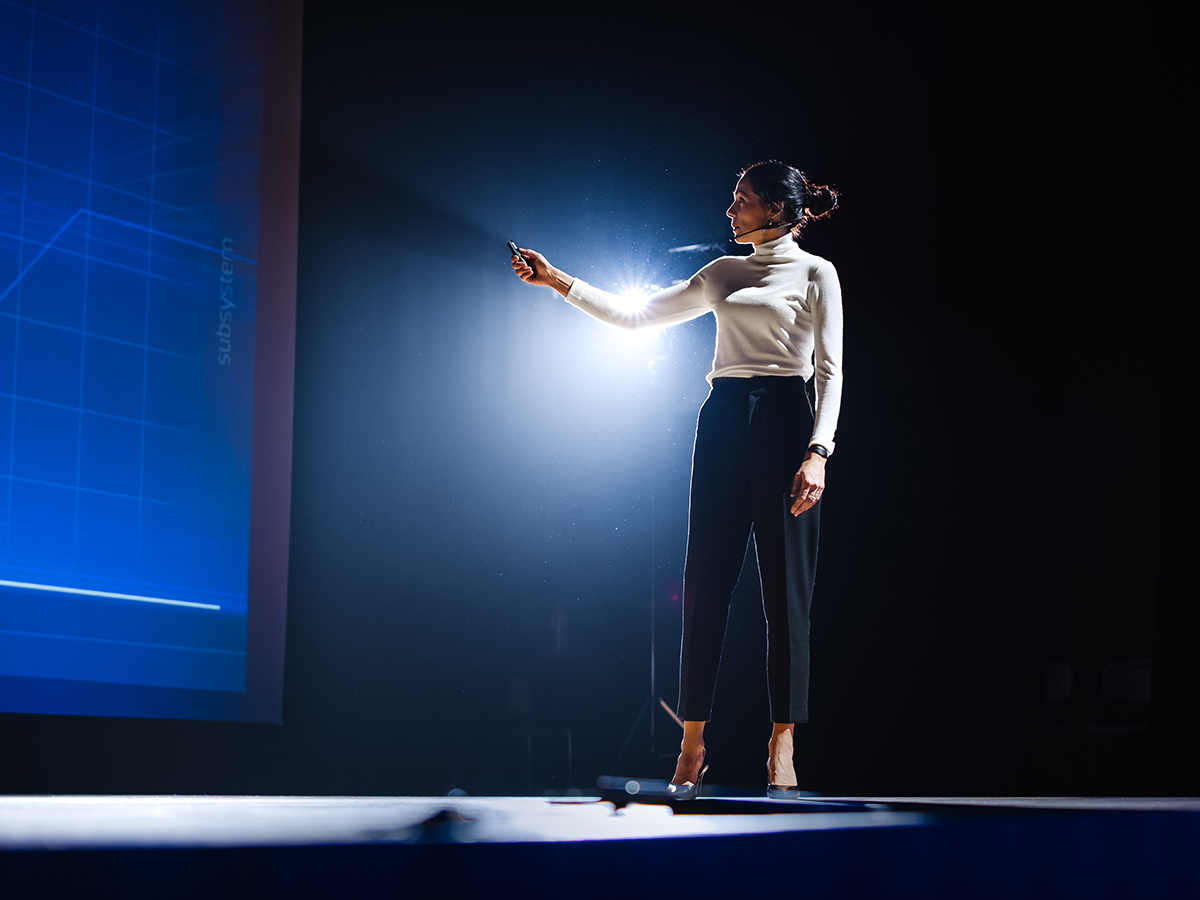OLC Accelerate 2021 Program
We are pleased to announce the virtual and onsite programs for the OLC Accelerate 2021 event, to be held virtually September 20-24 and onsite in Washington, DC October 5-8, 2021.

We are pleased to announce the virtual and onsite programs for the OLC Accelerate 2021 event, to be held virtually September 20-24 and onsite in Washington, DC October 5-8, 2021.